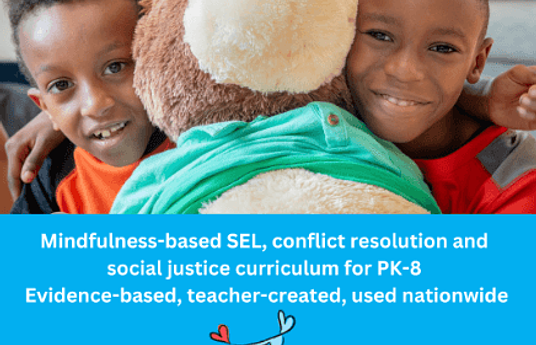The Girl/Boy Empowerment and Parent programs were created in response to a spike in teen pregnancies and gender-based violence. In 2020 during the pandemic our county (Machakos) reported a record 3964 teen pregnancies in the course of 3 months. At our 63 partner public schools, 98 girls became pregnant with 26 of those in primary school.
The year-long Girl/Boy Empowerment is dynamic. Students are playing games, doing role plays and discussing peer pressure, body boundaries, consent, respect and sex. They create songs about inappropriate touching that they share with other students at their school. They are engaging in a safe space and learning about ways to protect themselves and make informed decisions. Their parents are learning how to talk about the taboo topic of sexual reproduction and how to better communicate with their children on these and other topics. They, too, have a safe place to ask questions and seek guidance. Finally, we know that the culture of "looking the other way" has to change in order for children, especially girls, to be safe. A series of posters, PSAs, and pamphlets are being distributed for the community to amplify the program messages of where to get help, the importance of communication, and that gender-based violence will not be tolerated. We have added a Peer Mentor component to the program with graduates mentoring younger students which is allowing us to reach even more students and to develop leadership among the students.
The community is buzzing about our Girl/Boy Empowerment and Parent programs. Students are sharing what they have learned through the program and have even asked if they can be peer mentors! In rural communities, ideas are shared at water collection sites, churches, and community gatherings. Parents are talking about the Parent Sessions and other parents are asking for us to come to their community. Since we created the program with input from community stakeholders, they have been sharing about our work with others. In addition, having colorful eye-catching advocacy posters are creating conversations which, when combined with PSAs, is nurturing new conversations. Our staff has been presenting at conferences and sharing our work as we are codifying our curriculum to share.
We have held two parent mobilization events reaching over 600 parents. It's been powerful to see how keen parents are to learn how to talk with their children about sex and to keep them safe from predators. They in turn are spreading the information to other parents.
Clergy at churches are also embracing our program. Early in 2025 we held a session with 65 clergy members to discuss their role in preventing teen pregnancies and gender-based violence. We also explored how we can collaborate to support education and empower communities in rural Kenya. This is one of the most effective ways to reach more parents and community leaders.
Since our trip to Helsinki, we have expanded the Girl/Boy Empowerment program to four new schools. Additionally, we have held two stakeholder meetings attended by 65 clergy members to discuss their role in preventing teen pregnancies and gender-based violence. We also explored how we can collaborate to support education and empower communities in rural Kenya.
We have trained 14 peer educators in 2 schools to ensure our program's continued impact. In addition, we are working with 100 girls and 36 boys in two secondary schools, equipping them with the tools needed to build self-esteem, gain confidence, and advocate for their rights.
The key to addressing teen pregnancy is tackling its key drivers. We are ensuring that girls do not exchange sex for sanitary pads due to poverty by providing them with reusable sanitary pads. This year, we are ramping production to distribute 1,100 kits, ensuring that no girl has to resort to such exchanges.
Overall, our reach has grown significantly from 600 to 835 students, amplifying our positive impact on the lives of young people in our communities. We have also developed a new pathways component of our work helping students to chart a path forward and setting goals for their futures.
We are currently codifying our curriculum to share with other NGOs in Kenya and East Africa.
Kenya Connect welcomes the opportunity to share our program with other NGOs through providing information about our approach and the curriculum outline. Our program has been tailored to the needs of the our rural community. However, other NGOs can add FGM or child marriage as part of the course content if needed. The key is for the program mentors to build trust and provide needed content.



